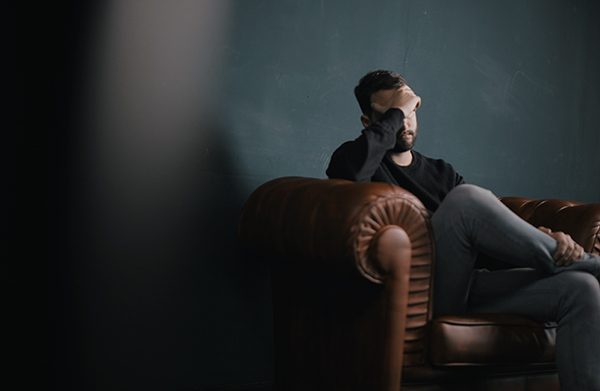Any Los Angeles therapist working with the gay community cannot fail to be saddened by the prevalence of crystal meth and the abundance of users and addicts of all races, all socio-economic classes, and every intelligence level imaginable. From the rooms of 12-steppers on Skid Row to the luxury rehabs of Malibu, LA is also rife with boys and men trying to get themselves off that stuff. And it ain’t easy. Client after client suffers relapse after relapse, and not for lack of trying and trying.
Biochemical Addiction
Clients first deal with the biochemical addiction. When you’ve trained your brain to expect gargantuan doses of dopamine, you can be damn sure it’s going to be calling out to be fed when it feels hungry. Welcome to withdrawal! For those who have linked up crystal meth—a strong stimulant—with sexual release, the expectations of an orgiastic, sexual feast of a lifestyle have become normalized, and clients fear that life without crystal meth will be incredibly dull. Welcome to retraining the mind back to normal, human levels of excitement and sexual activity, including even (o horror!) periods of no sex!
Behavioral Addiction
Later, clients deal with their behavioral addiction. How to deal with life? Feel bad? Get high. Feel lonely? Get high. Feel horny? Get high. Crystal meth becomes the coping method of choice when dealing with life’s little (or big) unpleasantnesses. Unfortunately, while they were out there partying, the problems that were causing those nasty feelings were only getting worse and worse, and my clients’ avoidance of them, together with their muddled thinking when they did look at them, made them all the worse still. Do my clients have the emotional strength to deal with their issues without this avoidance mechanism? Not without a great deal of help from friends, family, therapists, sponsors, mentors, and entire communities. Addiction to crystal meth is an isolating process in the end, and many addicts have been so far removed from “normal society” that they have given up any hope of ever reentering it.
Belonging to Community
For many of us, “normal society” was never that much of a draw to begin with. For boys and men who have been traumatized or who feel “othered,” drugs provided a welcome relief to the painful and rejecting world. All this is well-trodden ground in the gay recovery community. So how do we provide hope? In therapy we try to help addicts change their perspective, stand back and look at life from a meta point of view, and examine their choices in terms of lifestyle and sense of purpose and belonging. Therapy alone isn’t a cure for addiction, but it helps clients see where the light might be, way down there at the end of the tunnel. And having sight of that is one more tool in fighting the good fight.
David Bowman LMFT is a licensed psychotherapist based in Los Angeles, California.
Photo credit: Nik Shuliahin UNSPLASH

 Tags:
Tags: